emptiness
Teachings on the core of Buddhist philosophy: that persons and phenomena are ultimately empty of inherent existence because they are dependent arisings. This is the most powerful antidote that eliminates the ignorance and afflictions that give rise to suffering.
Latest Posts
View all posts in Venerable Thubten Chodron's teaching archive.

The two truths: Questions and answers
A discussion on the two truths within the Buddhist four tenet systems.
View Post
Introduction to the two truths
An introduction to the concept of the two truths and its role in Buddhist teachings…
View Post
What ignorance is
Recognizing what ignorance is and why it is important to identify the object of negation…
View Post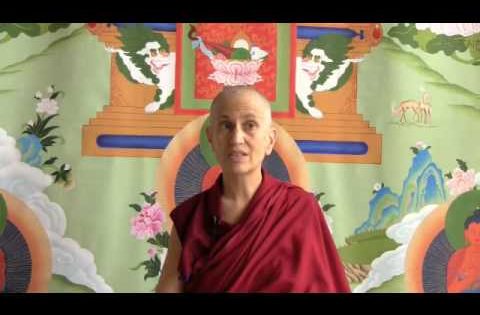
Self-generation and emptiness
How to imagine emptiness during self-generation practice in the Tara sadhana.
View Post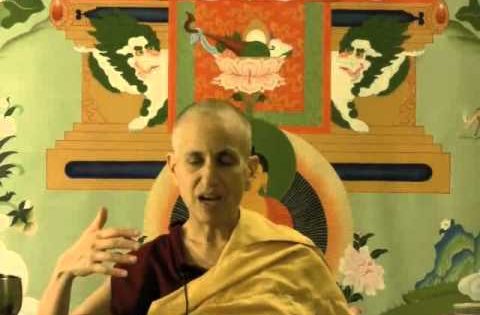
Cultivating ultimate bodhicitta
The difference between definitive and interpretable teachings and the method for negating a gross misconception…
View Post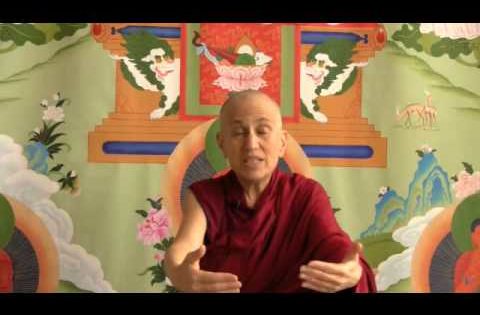
Mutual dependence in generosity
Examples of mutual dependency: in an act of generosity, the agent, action, object and recipient…
View Post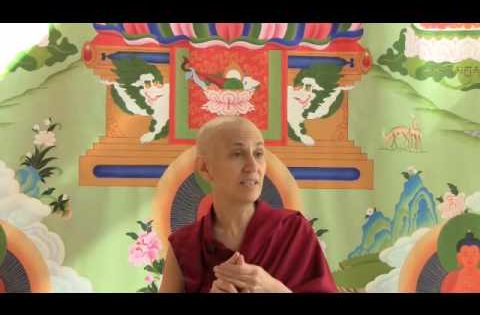
Deluded thinking and labeling
There are three criteria to use to judge whether something exists conventionally, i.e., whether it…
View Post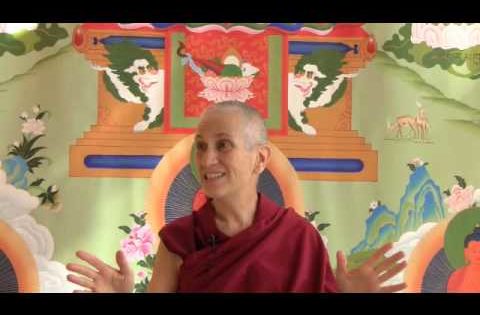
Food offering: Labeling on a valid basis
In looking at the food offering we can see how things change and that we…
View Post
The time for emptiness
The time for imparting (and receiving) the teachings on emptiness and the meaning of regarding…
View Post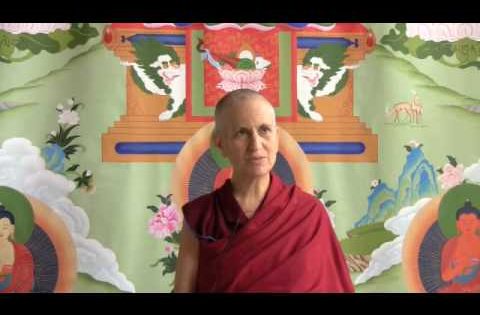
Designating labels: Rinpoches and lamas
An explanation of the use of titles in Tibetan Buddhism and how they may be…
View Post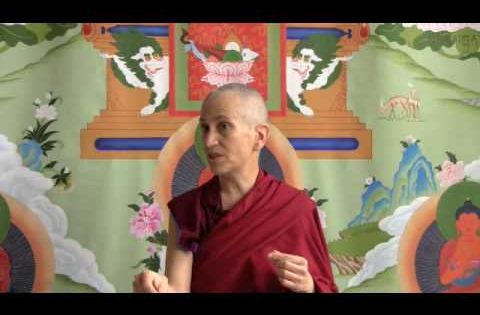
Dependent arising: Dependent designation
The concept of dependent arising can be examined by meditating on dependent designation, or the…
View Post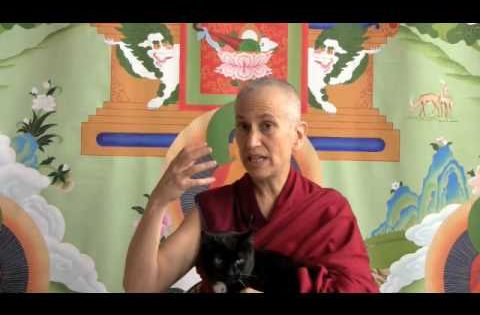
Causal dependence and karma
Understanding karma as related to the concept of causal dependence.
View Post